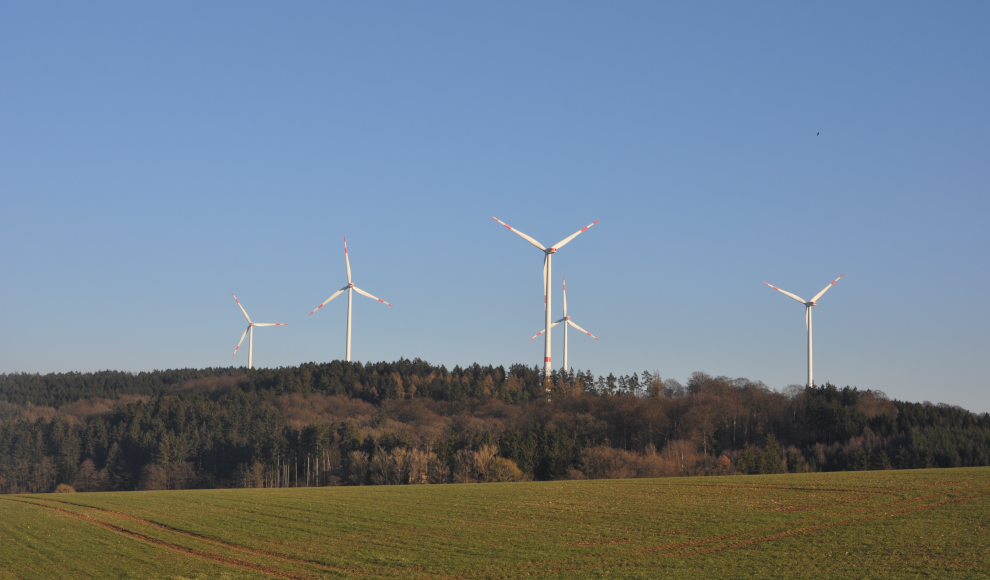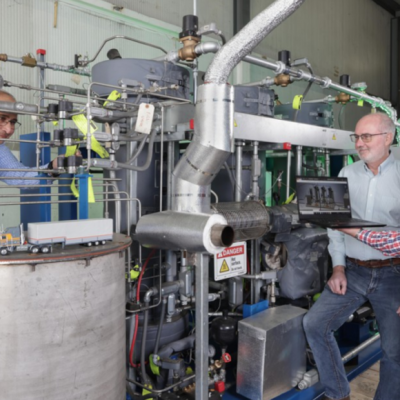The construction of new wind turbines in Germany is often hindered by conspiracy theories. However, demographic factors such as age, education level, or political orientation have little influence on the resistance in the population. According to the ARD magazine Brisant, only 365 new wind turbines were built in Germany in the first three quarters of 2022. In 2021, 484 wind turbines were erected, according to the German Wind Energy Association (BWE). However, to achieve the federal government’s climate goals, about three times as many wind turbines would be necessary. The construction of many wind power plants fails due to bureaucracy or concerns of the local population.
A study by the Leibniz Institute for Knowledge Media (IWM) has now investigated why people protest against new wind turbines in their region. The researchers found out whether and when information can help reduce the concerns and resistance of the population. Previous studies have already shown that people who believe in conspiracy theories are often suspicious of authorities and institutions. The researchers conducted a representative survey of 2,000 Germans to examine the effects of these conspiracy theories on resistance to new wind turbines. They were able to demonstrate for the first time that belief in conspiracy theories contributes significantly to the slow expansion of wind energy in the Federal Republic.
The survey examined whether the rejection of wind turbines is related to the worldview that often occurs in people who believe in conspiracy theories. The researchers found that “conspiracy belief had a much greater influence than demographic factors such as age, education level, or political orientation.” The study also analyzed eight studies with a total of over 4,000 participants to investigate how resistance to new wind turbines in the population can be reduced. They found that providing information leads to a significant change in opinion for many people, including those who previously believed in conspiracy theories about wind turbines. However, when people with a tendency towards conspiracy beliefs are presented with the complete debate, including negative information about wind turbines, they are difficult to convince. The authors recommend preventive measures, such as early communication and high transparency, to prevent conspiracy theories and misinformation from spreading in the population.










